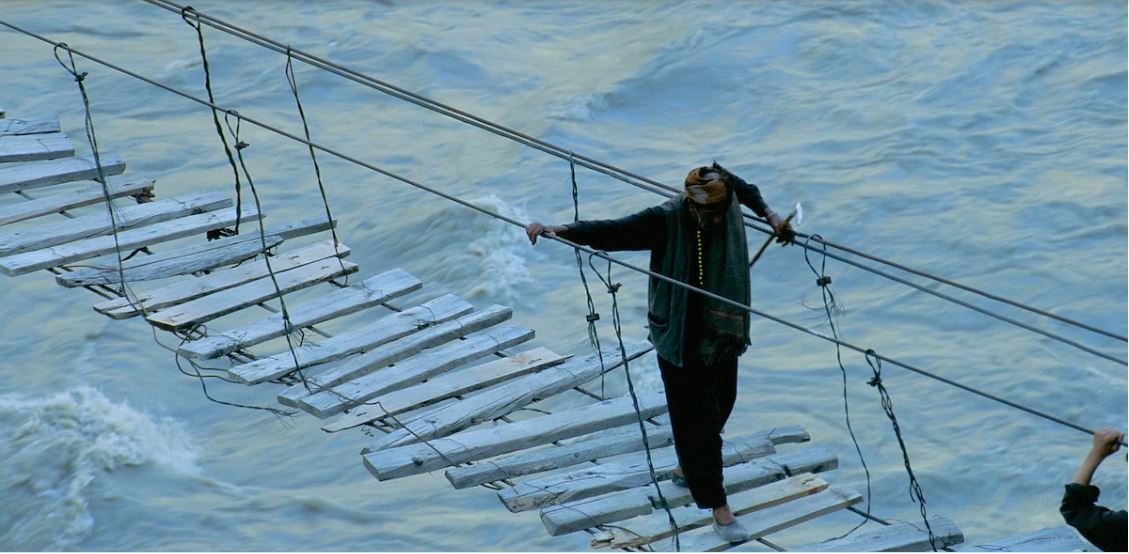Litter, uncollected garbage and foul odours are testament to the ordeal facing residents of Chashma Goth near Ibrahim Hyderi, a fishing village in Karachi’s Korangi district.
They have learnt to live with poverty, lack of education and unemployment, but in recent years they also had to deal with untreated wastewater – both domestic sewage and industrial effluent – from the Pakistani megacity’s 16 million-plus population flowing right through the village before ending up in the Arabian Sea.
“People living along Karachi’s coastal belt are facing manmade disasters, more than the impacts of climate change,” says Ameer Ali, a 36-year-old worker at the local fish-processing factory, as he points to animal carcasses lying behind young mangroves. “Till just 10 years ago, catching fish nearby was not a difficult task.”


